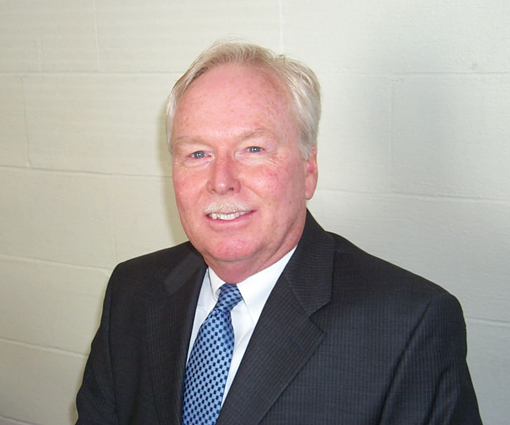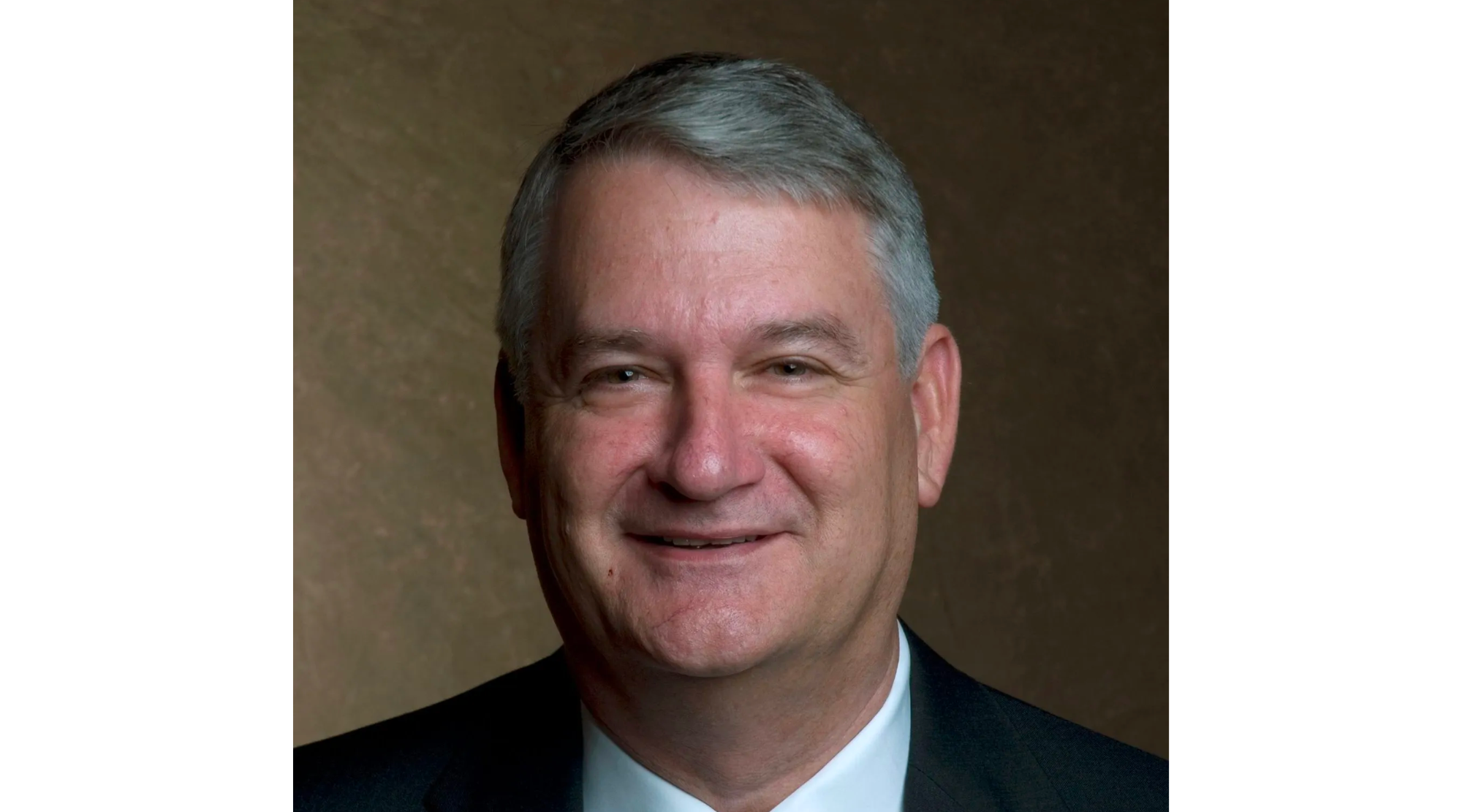State charter school commission is in good hands
Published 6:08 pm Friday, June 14, 2013
I have said it before, but let me repeat: I have no problem with charter schools. I did have a big problem with the ham-handed way last November’s charter school referendum was rammed through by proponents.
Of course, it passed. With all the money that was put behind it and the intimidation of those deigning to oppose it, I could have passed a referendum requiring pigs to wear lavender lipstick.
But here comes the good news: Gov. Nathan Deal appointed Dr. Charles B. Knapp, the former president of the University of Georgia, to head up the seven-member State Charter Schools Commission that will oversee the authorization and oversight of state charter schools. Chuck Knapp is a man of integrity and someone for whom I have the utmost respect.
If the charter school concept in Georgia is to be managed fairly, impartially and free of political interference, there could be no better choice.
I dropped by to see Dr. Knapp and Bonnie Holliday, the commission’s executive director, at their offices in Atlanta recently. Dr. Knapp told me one of his first priorities is to deal with the bad blood that resulted from the referendum debate. (He was too kind to say that I was responsible for much of that bad blood being spilled.) “On both sides of the issue,” he says, “the debate was about money, power and control. Nobody talked about the children.”
As for charter schools’ role in Georgia’s education system, Dr. Knapp says, “If they are not providing a better education for our children, then they shouldn’t be a charter school. That is the only reason in my mind why we should be doing this.”
Ms. Holliday adds, “Charter schools are a win-win because if state charters don’t perform well, they close,” unlike regular public schools. As a matter of fact, in the first take on of the progress of state charter schools in the Metro Atlanta as measured against traditional public schools, the results were a mixed bag — some scored better, some scored worse. Dr. Knapp warns that in future measurements charter schools that don’t show academic progress may not be around long.
What many people don’t seem to understand is that charter schools are public schools. Some charter school advocates think they can establish their own standards for performance. They cannot. While they will have flexibility — if approved to become a state charter school — in their curriculum and governance, they will have to meet the same performance standards in Georgia as do all public schools. No exceptions.
Dr. Knapp sees charter schools as an opportunity to help turn around the lagging education performance in the U.S. “The definition of insanity,” he says, “is doing the same things over and over and expecting different results.” Charter schools, he believes, can be a different way of doing things.
Ms. Holliday assures me that the commission won’t get into micromanaging, as seems to happen in too many public school systems these days, but she and a five-member staff will keep a close eye on things to make sure charter schools stay in compliance.
My hot button is the potential role of education management companies in the operation of state charter schools in Georgia. The track record of some of these for-profit management companies in Florida and elsewhere has been less than stellar, thanks to acquiescent legislators. How will the commission deal with those companies? Dr. Knapp says there is a fine line he intends to draw on their involvement.
The commission chair says there are a number of technical issues where educational management companies can be of assistance as charter schools begin their operations — accounting, legal, personnel, to name a few — but his hope is that over time the management company’s involvement can be scaled back or phased out as a charter school becomes more proficient in its own governance. He cites Drew Charter School in Atlanta — a well-performing school in one of the city’s low-income areas — that has done just that.
Knowing the deep pockets of these companies and the influence their campaign contributions can have on our intrepid public servants in the legislature, I still worry that the charter school system is ripe for political mischief by people who will put money, power and control ahead of our children.
Fortunately, I don’t think Dr. Charles Knapp will play that game. That gives me hope that something that was passed with all the finesse of a backstreet mugging might have landed in very good hands.





